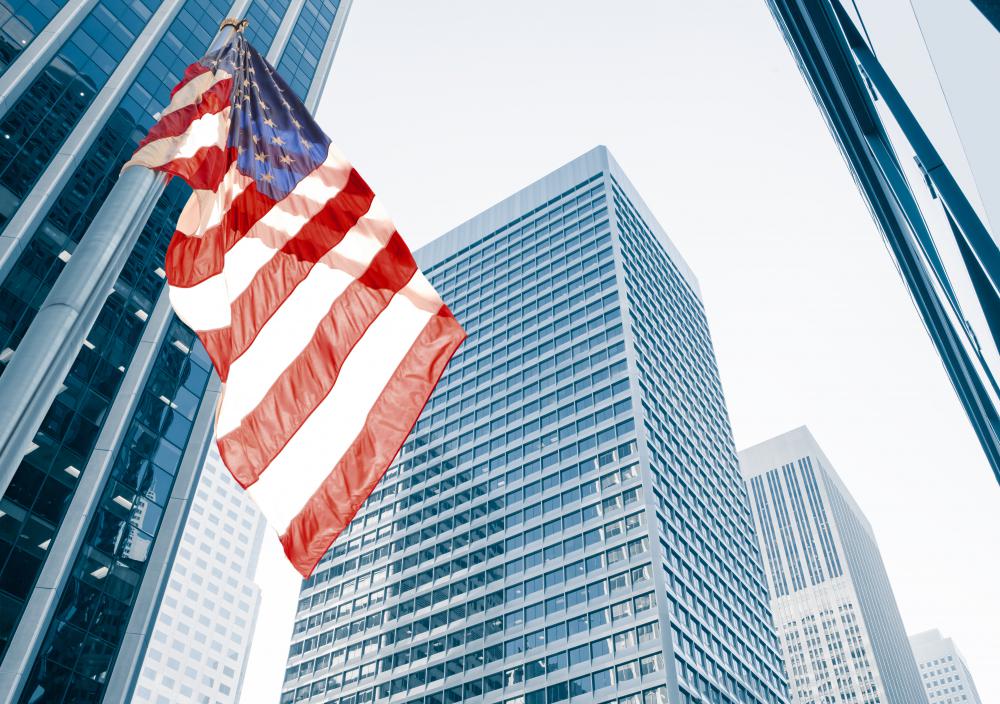At WiseGEEK, we're committed to delivering accurate, trustworthy information. Our expert-authored content is rigorously fact-checked and sourced from credible authorities. Discover how we uphold the highest standards in providing you with reliable knowledge.
What is Wealth Condensation?
Wealth condensation is the tendency of newly-created wealth to end up in the hands of those who are already wealthy. It results because wealthier citizens tend to have more money available for investment in wealth-creating opportunities than poorer people. Wealth condensation is a phenomenon that occurs in all free-market economies. Defenders of the wealth condensation argue that investors are the ones responsible for creating new wealth, and therefore, should receive most of the benefits. Opponents argue that the system tends to disproportionately reward those already in favorable positions.
In capitalist societies, individuals with extra money are allowed to lend that money to others and charge interest. This occurs in a wide variety of scenarios: bank account deposits, government bonds, and stocks are all forms of temporarily lending money to others while expecting to receive the money back plus interest. Some forms of investment have higher risk, but also the potential for a higher return. For example, in the stock market, an investor might invest heavily in a start-up company because he speculates it will grow rapidly. If the company is successful, the investor will reap heavy profits.

Some forms of investment, such as savings accounts and government bonds, have practically no risk. While the interest rate on these is generally low, if it is higher than the inflation rate, it will result in an increase in wealth. For investors to make any money at all, however, they must have money available to invest in the first place. Poor people often have little or no money left over after meeting their basic housing, food and medical expenses. Without the opportunity to invest, the poor miss out on the rewards of investment.

Wealth condensation is defended as natural and efficient by some. They argue that while it may widen the gap between the rich and poor, the poor are still better off than they would be without a free-market economy. In other words, the standard of living of the poor is increasing in absolute terms—a phenomenon possible when the total amount of wealth is increasing. Defenders say that the poor in many capitalist nations, particularly the United States, are better off than the vast majority of people in human history. Moreover, they claim the middle class of many modern nations live below the standard of living of the American, European, and East Asian poor.
Opponents of wealth condensation, on the other hand, often contrast the performance of chief executive officers (CEOs) and their lowest-level workers. CEOs often earn hundreds of times the income of the lowest workers under them—this is a criticism of the economic system itself as a contributor to wealth condensation. Opponents also claim that the wealthy are more able to hold government office and influence politicians to their benefit. This is a criticism of the political system as a contributor to wealth condensation.
AS FEATURED ON:
AS FEATURED ON:












Discuss this Article
Post your comments